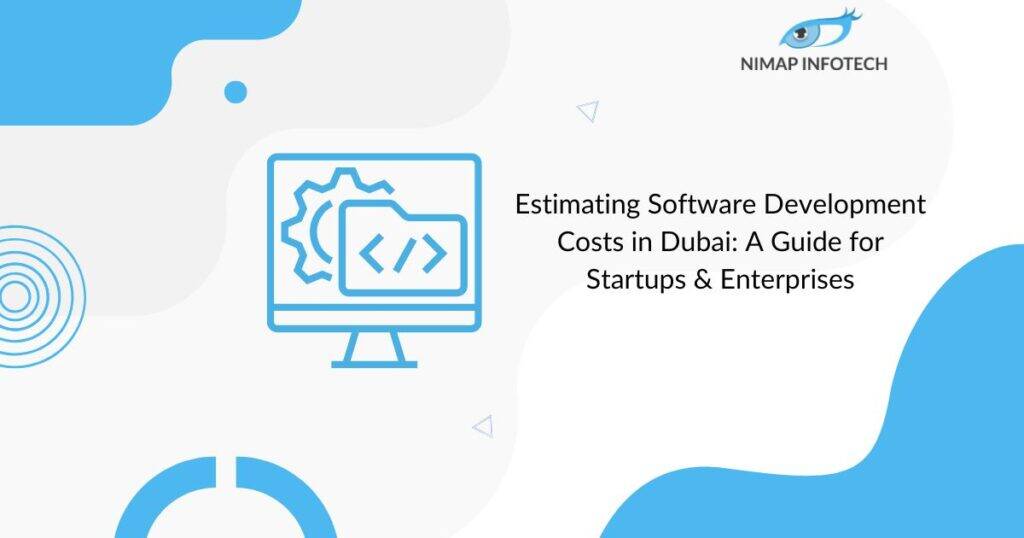Table of Contents
ToggleInvention of Smart Contracts –
Nick Szabo, a computer scientist and cryptographer who specialized in digital currency and protocols, was the first to propose the concept of Smart Contracts in the 1990s.
He defined Smart Contracts as digital protocols that use mathematical algorithms to convey information, execute transactions, and establish secure relationships across computer networks. Szabo described computer programs aiding credit and payment systems and contracting, protected by cryptography, as part of his interest in creating legal contracts for e-commerce protocols.
In the beginning, the smart contract concept appeared to be an impossible fit. Blockchain introduced smart contracts, which faced security risks and limitations, questioning their efficiency and flexibility before its creation.
What are Smart Contracts?
A smart contract is an autonomous program that automates the acts specified in a contract or agreement. After completion, the transactions are tracked and irreversible.
Smart contracts enable secure transactions among anonymous individuals without the need for a central authority, legal system, or external enforcement mechanisms. Although blockchain technology is commonly associated with Bitcoin, it has advanced beyond this.
By leveraging blockchain, smart contracts enable direct agreements, slashing costs and fostering lucrative trades across various sectors.
Example of Smart Contracts:
The most basic example of a smart contract is a transaction between a consumer and a business that involves a sale. The smart contract performs the customer’s payment as well as the business’s shipping or transfer of ownership.
How do Smart Contracts function?
Written in languages like Solidity, smart contracts on Ethereum execute automatically upon meeting criteria. Stored on the blockchain network, they streamline operations. It is an innovative and unique method for automating difficult commercial procedures. They use basic “if/when…then…” expressions in blockchain coding.
The steps for establishing and executing a blockchain smart contract are as follows:
Develop Smart Contracts:
- During the initial stage, a developer must write a smart contract.
- The contract outlines the agreement’s terms, the involved parties, and the conditions for execution.
Blockchain-based Deployment:
- After creating the contract, the blockchain network installs it.
- A transaction broadcasts the contract to the network for execution.
- The blockchain acts as a decentralized marketplace and keeps a secure record of all smart contract transactions.
Also Read: Blockchain Technology Transforming Medical Supply Management
Node-based Verification:
- Nodes on the blockchain network evaluate the legitimacy of the published contract.
- They verify the contract’s syntax and guarantee that it fits network requirements.
Smart Contracts Execution:
- After verifying it, the blockchain network stores the contract, rendering it unchangeable.
- When the predefined circumstances are met, the contract executes automatically.
Communication With Smart Contracts:
- Users can engage with the smart contract by sending transactions to it.
- The terms and conditions outlined in the contract will govern its automatic execution.
- A smart contract requires defining terms such as transaction representation on blockchain development services, rules, exceptions, and dispute resolution framework.
Benefits of Smart Contracts –
Security:
- Transactional codes and programs are encrypted, making them difficult to hack.
- Smart contracts also function in sync, linking on-chain current to prior records on a distributed ledger, making it difficult to change the chain.
Saves Cost:
- Smart contracts save money by eliminating the need for intermediaries in transaction processing, which eliminates the requirement for fees to sort these middlemen.
Transparency:
- Smart contracts ensure transparency and prevent alterations for selfish advantage by eliminating the need for third-party intervention in transactions.
- Encrypting records and delivering them directly to recipients eliminates manipulation, restoring trust in financial transactions.
Accuracy, Efficiency, and Speed:
- Contracts instantly produce upon direction and automatically generate.
- The absence of paperwork necessitates no time spent reconciling files to eliminate errors.
- Smart contracts enable tasks to be completed in seconds.
Increases Trust:
- Smart contracts are reliable, secure, and transparent, which fosters trust among parties.
- Businesses that operate in trust-sensitive sectors like banking and healthcare would benefit immensely from this.
Where Smart Contracts are used?
Various industries have started using smart contracts for business process automation.
Healthcare:
- Smart contracts enhance patient confidentiality by securely storing and sharing medical records, reducing errors and improving the accuracy of patient information.
- This could lead to a more efficient and secure healthcare system.
Supply Chain Management:
- Traditional contract forms cannot track every good during the supply chain stage. But smart contracts can track every item accurately.
- This can improve supply chain efficiency while lowering the risk of fraud.
- Supply chain management businesses compose and implement customized smart contracts on blockchain for logistics.
Financial Services:
- Through smart contracts, you have the potential to develop automated systems for financial activities such as insurance claims, loans, and payments, saving time and money.
- This may result in a more effective and secure financial system.
Real Estate:
- Smart contracts can automate real estate deals, saving time and money.
- This could lead to a more efficient and safe real estate industry.
Government:
- Smart contracts can enhance the accuracy and transparency of public data, voting systems, and identity verification.
- This could lead to a more effective and secure government system.
Read More: Software Technology Consulting: Developing Your Company and Understanding Your Goals
Virtually everything has gone online, increasing the acceptance of blockchain technology and cryptocurrency use, which has expanded like wildfire in recent years. Despite these technological improvements and shifts, smart contracts have received a lot of attention in the cryptocurrency sector as a digital way to interact with blockchain assets. Considering the progress, smart contracts have significantly advanced in replacing traditional contract forms.
Author
-

With 14+ years in IT and entrepreneurship, I co-founded Nimap Infotech, a digital transformation company that has delivered 1200+ projects and built a team of 400+ engineers. I’ve also led mobile development teams at Accenture India and IBM Apple Garage and developed a network of 7k+ iOS and Android developers. As an Angel Investor, tech advisor, and mentor, I actively engage with the startup ecosystem.
View all posts









